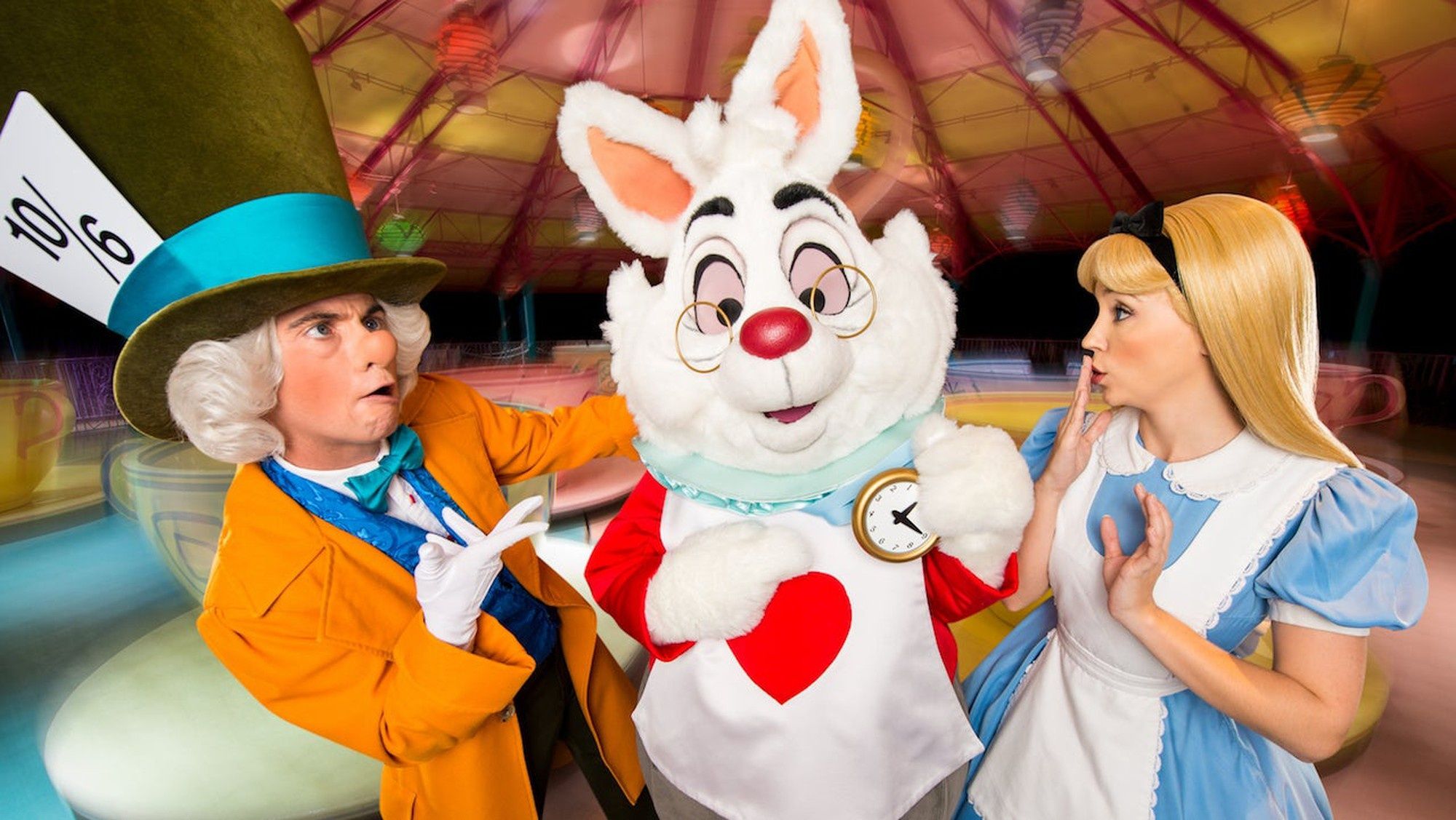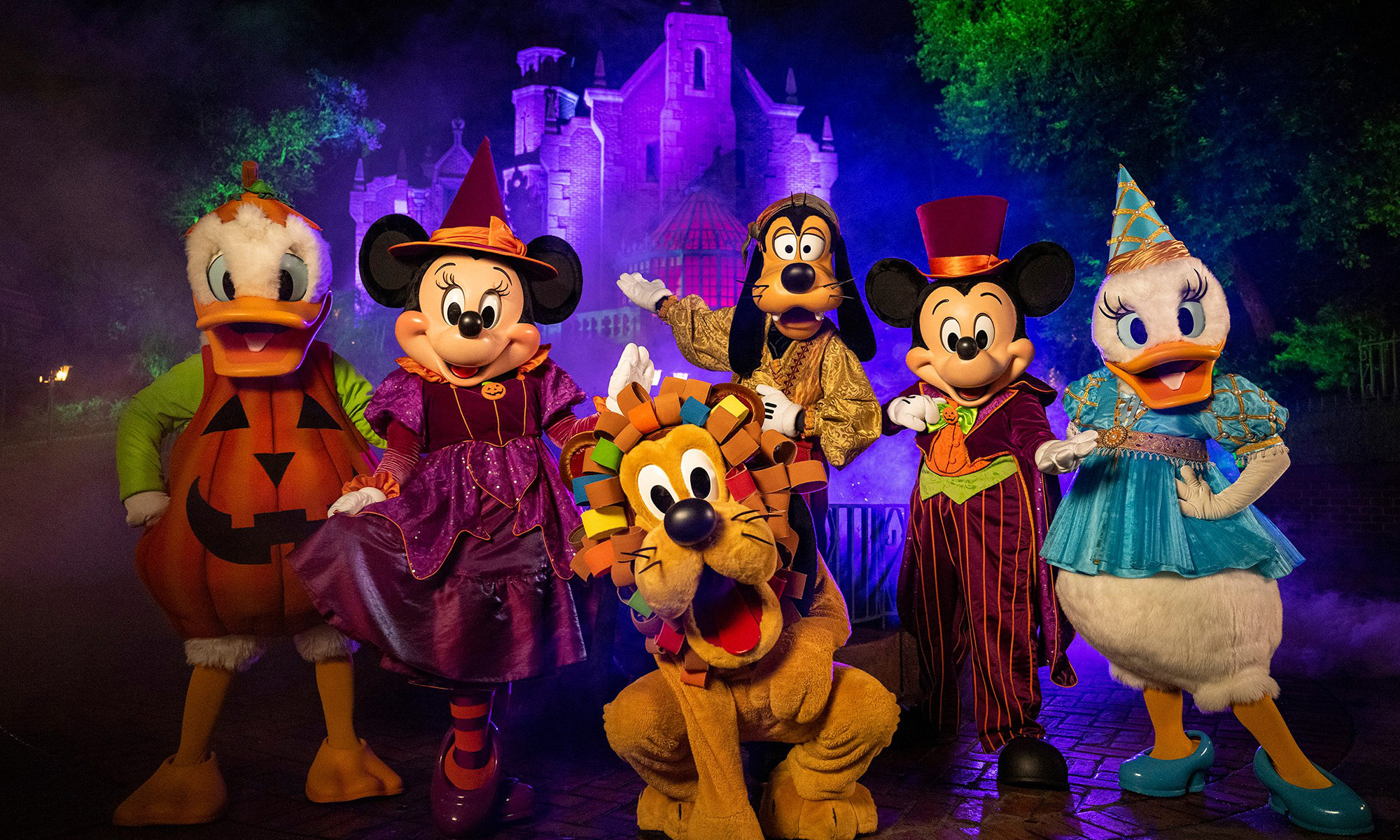
Image source: The Walt Disney Company.
It seemed to be a can't-miss proposition: one of the greatest directors ever, backed by a studio on a box-office winning streak, retelling a classic children's tale from the author that wrote the book adapted to the $500 million box-office success and Academy-Nominated Charlie and the Chocolate Factory. However, it appears not even the name recognition of Steven Spielberg and The Walt Disney Company (DIS +0.05%) can save the theatrical version of Roald Dahl's book The BFG from the dreaded box-office bomb designation.
As of this writing, Disney's The BFG has raked in $51 million in worldwide box-office gross after its second week, essentially guaranteeing that the film won't recoup its $140 million production budget. Even worse, The BFG had a second-week drop off near 60%, a figure that portends poor future performance. If one assumes the favorable estimate that the studio will receive 50% of box-office gross, it's likely Disney will lose in excess of $100 million on this movie alone.
For Disney investors, it's a sobering reminder that the company's transition to the large screen for future revenue won't be as predictable as in its recent history.
Investors shouldn't fear a box-office bomb, though.
Disney's fiscal 2016 has been powered by filmed entertainment growth
Through the first half of fiscal 2016, Disney has increased its revenue 9.3% over last year's figures. This is the type of growth you'd expect from a mid-cap cyclical company, not a $160 billion company with $55 billion in revenue over the past four quarters. Here's Disney's revenue over the past two years by division.

Data source: The Walt Disney Company's 10-K and 10-Q.
Presented by year-on-year revenue growth, this chart show one division that has exceeded the average per quarter: filmed entertainment. Media networks, which includes Disney's ABC and ESPN, had a slight decrease last quarter.
Revenue growth by segment
| Segment | Q2 2016 | Q1 2016 | Q4 2015 | Q3 2015 |
|---|---|---|---|---|
| Media Networks | (0.29%) | 8.05% | 11.67% | 4.66% |
| Parks and Resorts | 4.47% | 9.49% | 10.13% | 3.79% |
| Studio Entertainment | 22.37% | 46.45% | 0.28% | 12.89% |
| Consumer & Interactive | (1.66%) | 8.34% | 7.53% | -0.51% |
| Total | 4.08% | 13.84% | 9.06% | 5.09% |
Source: The Walt Disney Company's 10-K and 10-Q.
More importantly, here's the corresponding graph and table for operating income. For investors, this is more important for a large-cap stock that's evaluated on a price-to-earnings basis.

Source: The Walt Disney Company 10-K and 10-Q.
Operating income growth by segment
| Segment | Q2 2016 | Q1 2016 | Q4 2015 | Q3 2015 |
|---|---|---|---|---|
| Media Networks | 9.42% | (5.55%) | 26.58% | 3.57% |
| Parks and Resorts | 10.25% | 21.86% | 7.42% | 8.73% |
| Studio Entertainment | 26.93% | 86.40% | 108.66% | 14.84% |
| Consumer & Interactive | (7.99%) | 22.68% | 12.59% | 15.23% |
| Total | 9.76% | 20.37% | 27.35% | 6.82% |
Source: The Walt Disney Company's 10-K and 10-Q,
There are a few takeaways from comparing the two charts and growth figures for 2016:
- Filmed entertainment has been the largest segment for revenue growth.
- In operating income, filmed entertainment is growing even faster.
- Media networks is Disney's largest segment, but it reported a revenue drop last quarter.
- Media networks' operating income growth last quarter was entirely due to cost cutting.
It's apparent that Disney is looking for filmed entertainment for both revenue and earnings growth. For investors, then, it's important to understand the differences between subscription-based businesses such as media networks with dependable billing cycles and one-off affairs such as movies, where results are more volatile. The important part is that Disney is adjusting to the reality that it can no longer depend on media networks for growth as it has in years past.
Disney investors should prepare for more bombs
From my vantage point, The BFG was a failure of marketing rather than a bad movie. The movie's marketing appeared to focus on Spielberg and Dahl than introducing potential moviegoers to the story and characters. Additionally, the film seemed more suited for a holiday/winter release rather than a summer one, where moviegoers expect explosions with dialogue on the side, but with a slate of movies Disney's projected to release this winter -- Moana, Star Wars: Rogue One, and Marvel's Doctor Strange, among others -- it's possible Disney didn't want further compete with its winter slate of releases. This is a bigger concern to me -- market size -- than the failure of one movie.
While it appears to not approach classic Disney box-office busts such as John Carter or The Lone Ranger, which forced the company to write down $200 million and $160 million-plus, respectively, it's likely The BFG will weigh on results in upcoming quarters and depress results from recent hits such as Finding Dory and The Jungle Book.
Disney investors should note the company's new growth strategy and understand that it will most likely have a few misses among its huge box-office successes going forward. The biggest shocker, to me, is how Disney hasn't had more box-office bombs in the past few years.






